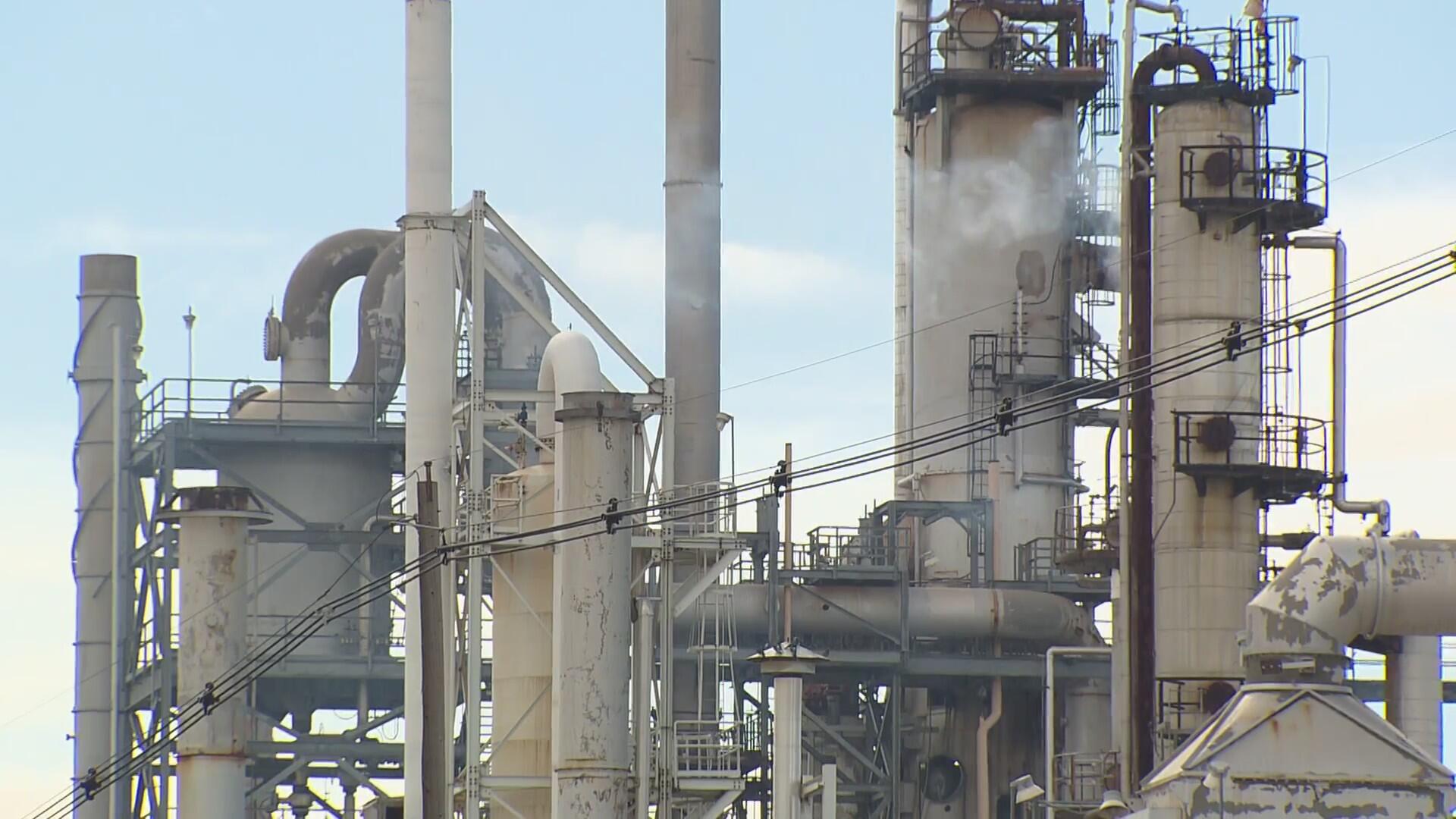Colorado Supreme Court rules that Boulder's lawsuit against Exxon and Suncor can proceed
The Colorado Supreme Court ruled Monday that a lawsuit filed by the City of Boulder and Boulder County against energy companies Exxon Mobil and Suncor Energy can move forward.
The city and county argue in the ongoing lawsuit from 2018 that the companies are knowingly and willfully harming the planet and people through fossil fuel emissions, which the city and county say violates the Clean Air Act. The state Supreme Court agreed with Boulder in a 5-2 split.
Chief Justice Monica Márquez and Justices William Hood, Melissa Hart, Richard Gabriel, and Maria Berkenkotter joined the opinion of the city and county that the case should be allowed to continue in state court, while Justices Carlos Samour and Brian Boatright dissented, saying the case should be handled in federal court.
"We now conclude that Boulder's claims are not preempted by federal law and, therefore, the district court did not err in declining to dismiss those claims," Gabriel wrote in his ruling.
"This ruling affirms what we've known all along: corporations cannot mislead the public and avoid accountability for the damages they have caused," Boulder Mayor Aaron Brockett said in a statement. "Our community has suffered significantly from the consequences of climate change, and today's decision brings us one step closer to justice and the resources we need to protect our future."
A phone message was left for an Exxon Mobil representative, and an email was sent to Suncor seeking comment Monday afternoon.
Attorneys for the energy companies, however, previously said that fossil fuels are a necessity and one of many things that impact climate change.
"Dealing with climate change not only has to be uniform across the country, but it has to be something that we deal with internationally," said Phil Goldberg, special counsel to the Manufacturers Accountability Project.
The Manufacturers Accountability Project -- a legal advocacy project of the National Association of Manufacturers, which is supporting the energy companies in court -- argues the U.S. Supreme Court should take on all these lawsuits by state and local governments, arguing that these issues are regulated by federal law and that the U.S. Supreme Court court already set legal precedent in these types of cases. Samour and Boatright are the only two state Supreme Court justices who agreed.
"Boulder's damages claims against Exxon Mobil Corporation and three Suncor Energy companies (collectively, "the energy companies") are based on harms the State of Colorado has allegedly suffered as a result of global climate change," Samour wrote, in part, in his dissenting opinion. "I am concerned that permitting Boulder to proceed with its claims will interfere with both our federal government's regulation of interstate air pollution and our federal government's foreign policies regarding air pollution."
The Boulder lawsuit is one of several similar lawsuits around the country. While courts in New York, New Jersey, and Maryland have dismissed the cases, the Hawaii Supreme Court gave the green light to a Honolulu lawsuit, and the U.S. Supreme Court refused to review the decision, keeping that case in state court.
The U.S. Envionmental Protection Agency last year told Colorado public health officials they needed to get tougher on Suncor, which was fined over $10 million for air quality reporting violations.
Marco Simons, an attorney who argued the case for the Boulder plaintiffs, said in a statement that federal law doesn't prevent any state or local community from seeking damages from companies those communities say harm them.
"This lawsuit is based on a fundamental legal principle: you have to pay your fair share for the harm that you cause," he said. "Nothing in federal law stops Colorado courts from applying that principle to the fossil fuel industry's deception about climate change and their knowing alteration of our climate, as the Colorado Supreme Court has now found."
You can read the Colorado Supreme Court justices' full opinions here:





